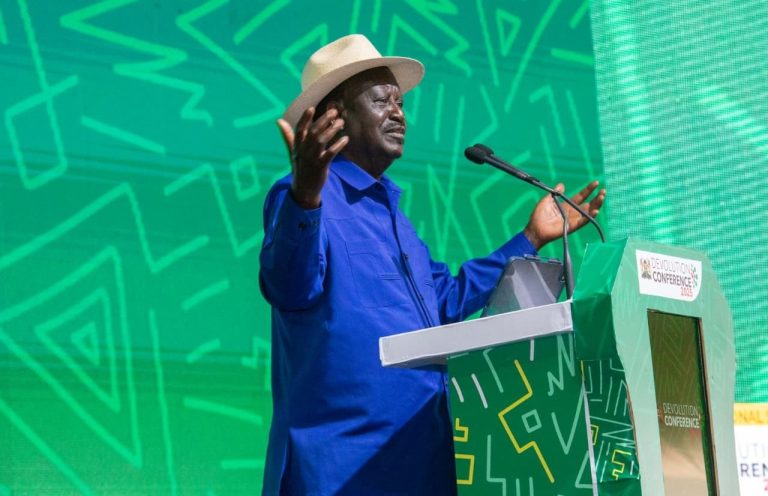- Tinubu approves 4 trillion naira bond to settle energy sector debt and unlock reform
- Industry faces massive shortfalls despite privatisation and $2B in new private capital
ABUJA, NIGERIA – Nearly 15 years after Nigeria privatised its moribund state-owned electricity utility, the country’s power sector remains broken – and now the government is betting on a 4 trillion Naira ($2.7 billion) bond to rescue it.
President Bola Tinubu has endorsed the bond plan aimed at clearing legacy debts choking the power industry. His administration hopes the bond will help reset a sector still hobbled by low investment, poor output and a worsening liquidity crisis, even after its much-heralded unbundling into 16 private entities in 2011.
“I accept the assets and liabilities of my predecessors, and there is no question about that,” Tinubu said during a July 25 meeting with power industry leaders in the capital, Abuja. “But that acceptance must be on credible grounds.”
The bond plan, which received Tinubu’s backing at the meeting, asks creditor banks to exercise patience while the government verifies debt claims. The Nigerian Bulk Electricity Trading Company – the industry’s clearing house – has confirmed 1.8 trillion naira in claims so far. According to presidential energy adviser Olu Verheijen, only validated debts will be honoured under the bond programme, which will be administered by the Debt Management Office.
Tony Elumelu, chairman of Transcorp Power, called the meeting a last-ditch effort to save an industry in crisis.
“The generating companies are heavily indebted to banks, and foreclosure threats are real – not because we’re not doing our jobs, but because the system owes us trillions,” he said.
A move to clean the slate
Despite a theoretical generation capacity of 14,000 megawatts, Nigeria’s actual peak generation remains stuck at just under 5,800 megawatts. That leaves a shortfall of over 20,000 megawatts in a country of more than 200 million people, much of it filled by private diesel generators.
Tinubu’s administration sees the bond as a way to clean the slate and implement reforms introduced by the 2023 Electricity Act, which decentralised power regulation and allowed states to authorise their own electricity providers. A proposed amendment to the law would require current operators to inject fresh capital or risk forced receivership.
“The new electricity law signed by Tinubu in 2023 is a sign that the country can’t wait for the power companies anymore,” said Lagos-based economist Eric Orji. “The strategy appears to be to clear legacy debts so that the industry can start on a fresh slate.”
According to Power Minister Adebayo Adelabu, Nigeria’s power sector has recently attracted up to $2 billion in new private capital, with many of the latest investments targeting off-grid renewable energy and mini-grids for remote areas.
“The decentralisation appears to be that antidote that will either make the successors of the old utility survive or doom them,” Orji added.










